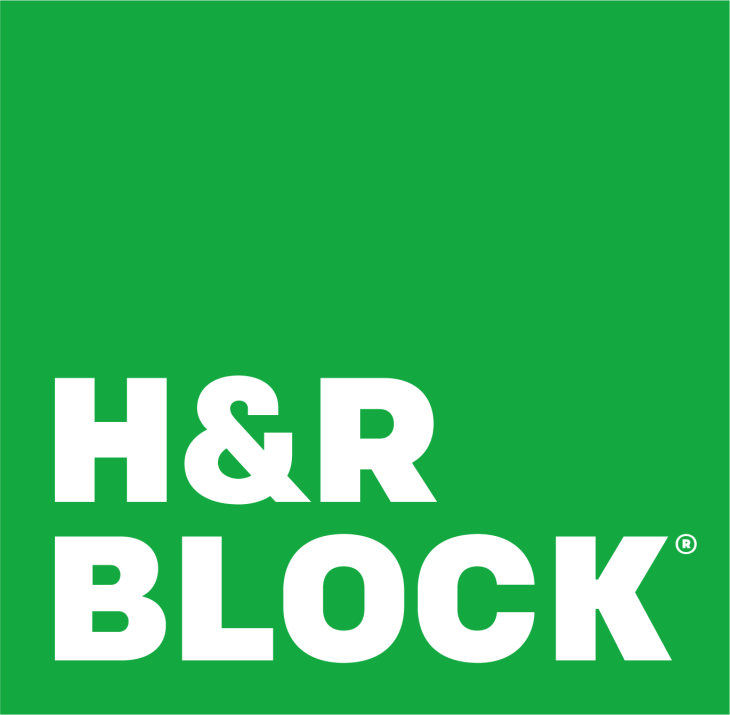The American Coalition for Taxpayer Rights (“ACTR”) is a 14-member national trade association made up of the nation’s largest retail tax preparation, tax software and financial institutions. ACTR believes that consumers should have the freedom to choose from a variety of financial products based on their individual situation and particular needs. One financial product that ACTR believes is important as an option for taxpayers who value it is a Refund Transfer (or “RT”).
RTs vary among industry participants, including some differences in product structure, features, name, and cost. However, RTs generally operate as described below:
- How a Refund Transfer Product Works. After the taxpayer’s tax return is prepared- either with the assistance of a professional tax preparer or with tax preparation software – and before it is electronically filed, the taxpayer has to choose how they wish to receive their tax refund as well as select a payment option.Many industry participants offer an RT as an option for the taxpayer. With an RT, a financial institution will set up an FDIC-insured, temporary bank account in the taxpayer’s name to receive the taxpayer’s federal tax refund from the IRS. The taxpayer may authorize certain payments, such as their tax preparation and related fees, from this bank account once their refund is received. The remaining funds are then disbursed in the manner selected by the taxpayer. While disbursement options vary, popular options include direct deposit to an external bank account, load to a prepaid card, or a paper check issued directly to the taxpayer.
- Consumer Benefits of a Refund Transfer. Taxpayers may choose an RT for a variety of reasons unique to their personal circumstances. For example, some unbanked or underbanked taxpayers appreciate that an RT offers an FDIC-insured bank account to receive their tax refund, with secure disbursement options. Other taxpayers appreciate the convenience of paying their tax preparation fees out of their refund, rather than out- of-pocket at the time of tax preparation. This feature also provides the benefit of facilitating equal access to professional tax preparation, regardless of a taxpayer’s immediate financial situation. RTs also can provide increased flexibility, such as the ability to change the disbursement options if needed. In addition, industry participants may also offer a variety of additional benefits with an RT, including additional tracking and notification options for refunds, or various customer service support options.
- Refund Transfer Fees and Disclosures. Fees for an RT vary among industry participants, but there is typically a fixed, one-time fee charged by the financial institution (where the account is opened) for the services associated with an RT, typically less than $40.ACTR is committed to clear and conspicuous disclosure of all material terms of the product, including price. These terms are disclosed to the taxpayer in a variety of ways, including on the public-facing websites of tax preparation companies; within tax preparation software (i.e., disclosed on the screen); verbally, in face-to-face transactions; and in written disclosures and agreements signed by the taxpayer.
- Optional Nature of Refund Transfer. An RT is a completely optional product; it is never required for the taxpayer to be able to e-file their tax return, file their tax return with a particular tax preparation company, or to obtain other products or services. Furthermore, although there is typically a fee charged for the RT, the tax preparation fees charged to the taxpayer never change based on whether the taxpayer selects or declines an RT.
- Regulation of Refund Transfers. RTs are highly regulated products. Bank regulators oversee these products, by direct regulation of the financial institution and oversight of that institution’s third-party service providers. For example, for entities regulated by the Office of the Comptroller of the Currency (“OCC”), there is specific guidance applicable to tax products (OCC Tax Product Guidance; OCC 2015-36). IRS Publication 1345 also provides parameters on financial products for tax preparation companies, including prohibition of certain conduct.
- Refund Transfer Is a Deposit Product, Not a Loan. An RT is not a loan or an extension of credit. Rather, an RT is a deposit product. This is in line with the long-time treatment of the product by bank regulators with specialized expertise in this area. For example, the OCC’s Tax Products Guidance distinguishes RTs from tax refund-related credit products.
- Best Practices. ACTR supports the effort to ensure full transparency and appropriate disclosure of all financial products, including RTs. Consistent with this objective, many ACTR member companies have adopted written best practices for RTs, which impose incremental requirements on member companies above and beyond what is legally required. These requirements include certain disclosure obligations, various marketing restrictions, and the prohibition of certain business practices.




